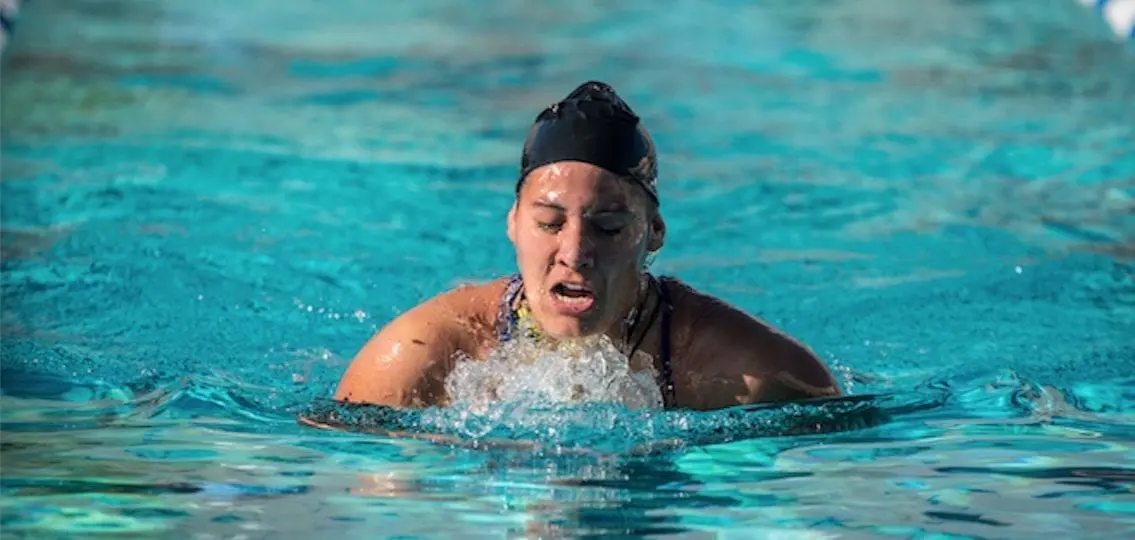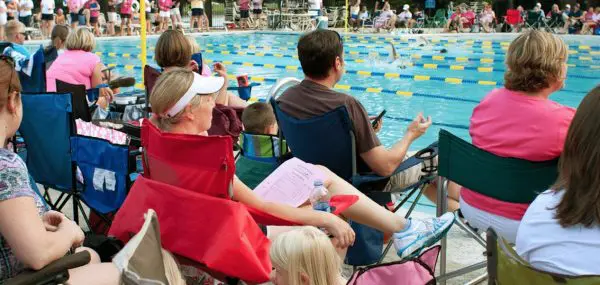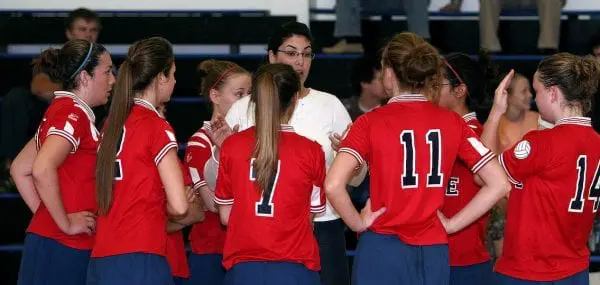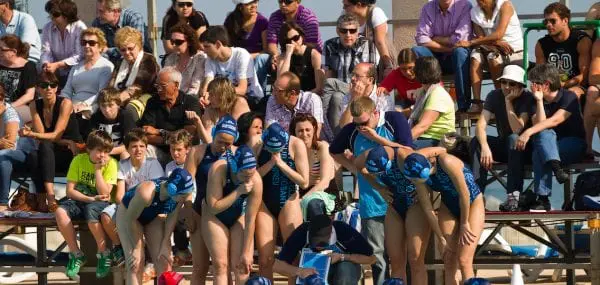My teenage daughter is a competitive swimmer. She has committed to the sport for years and found a passion that continues to endure through early morning practices and countless swim meets that take up a huge part of her life.
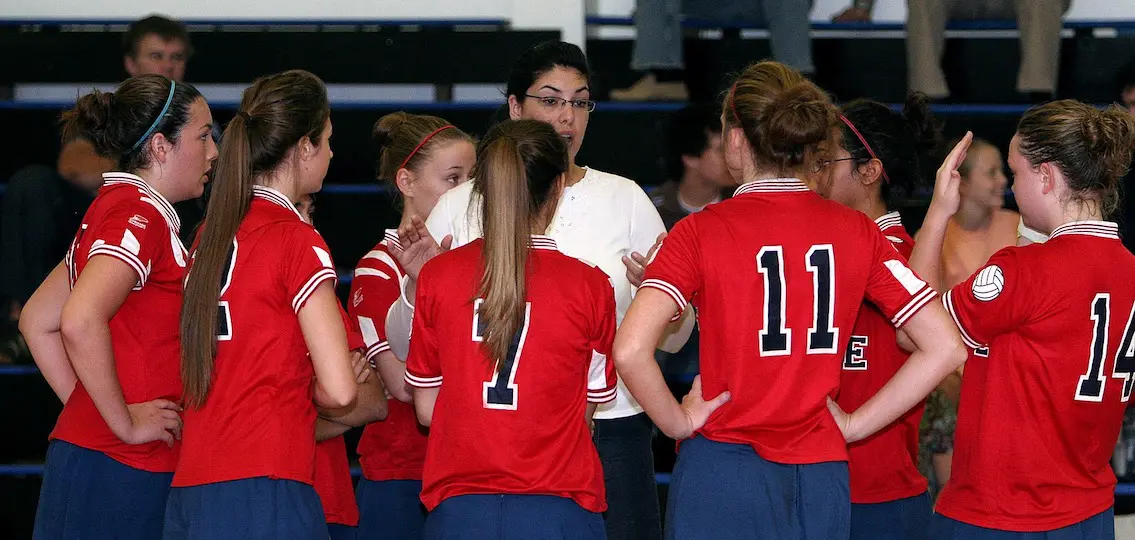
As with most dedicated athletes in high school, the training schedule can be relentless and exhausting. The new, club-level mentality of around-the-year play demands our teens make their sport their first priority. The pressure to perform can be stressful and combined with academics, high school student-athletes can feel physically drained. Whether it’s football, volleyball, cross country, track, soccer, or any other sport, there is an extreme level of commitment when it comes to high school sports
Many teen athletes become so invested in completing the grueling training schedule and achieving success in such intense competition that it can often consume their lives. Teen athletes rely on their coaches for motivation, guidance, and direction in their sport. However, it’s up to parents to oversee the overall health and well-being of their child.
4 Things Parents of Athletes Need to Teach Their Teens:
1. Basic self-care
Parents need to educate their kids on how to maintain good physical health during training and competition. During adolescence, our kids are still learning to listen to their bodies and become more aware of their physical needs. They aren’t mature enough to make hard decisions about their health. As a result, they can miss the critical signs of dehydration, exhaustion, or even pain that can lead to injuries.
While teens become more independent, parents of competitive athletes need to ensure their child is well-nourished, well-rested, and well- hydrated. Our kids must understand the significance of taking care of their body’s basic physical needs that require their attention regularly to ensure they stay strong enough to endure the season.
2. Pain management
It’s imperative parents talk to their teens about any pain they’re experiencing that may need to be addressed with their coach or checked out by a medical professional. Competitive athletes are often pushed so hard in their training that they miss the signs of a severe injury. Or they don’t want to address it for fear of being benched. It’s up to us to teach them how to assess their pain, understand their limitations, and pay close attention to injuries that can occur while participating in their sport. Neglecting any of these physical needs can lead to dangerous health risks or long-term injuries.
3. Mental health
There are many added psychological stressors teen athletes experience when participating in high school sports. Our kids can feel anxiety with their attempts to meet a coach’s expectations, and they can also feel enormous pressure to perform for the team. Teen athletes often consume themselves with the need to succeed in their sport because high school athletics can offer players opportunities, such as scholarships or admission into schools looking for elite athletes to join their programs.
It’s important to have ongoing conversations with your child about his training. This will enable you to be aware of the level of stress he might be experiencing. What’s most important is that we teach our teens how to manage their mindset amidst the pressures they face as an athlete. If you see signs of extreme stress in your child, it’s time to address the issues that are affecting your kid’s mental health and make decisions that will restore balance and wellness.
4. Healthy perspective
Help your teen keep a healthy perspective on the scope of their efforts. Guide them in developing interests in other areas of their life that can bring meaning and fulfillment. Because high school teens often build their identity around their sport, they can rely solely on their athleticism for their self-worth. Although kids can embrace being an athlete, having only one element to their identity is unhealthy. Our teens need to understand that although they want to make being an athlete a priority in their life, they also need to learn there is more to life than their sport.
Competitive athletics offers our teens an incredible opportunity to practice responsibility, accountability, and commitment. It can also help our kids develop physical strength and abilities that can benefit their health. Athletics also can provide important life skills, such as learning how to work with others, managing stress, surviving disappointment/loss, and even celebrating a hard-earned victory. Teens can find their community with other teammates full of support and comradery, which can lead to life-long friendships.
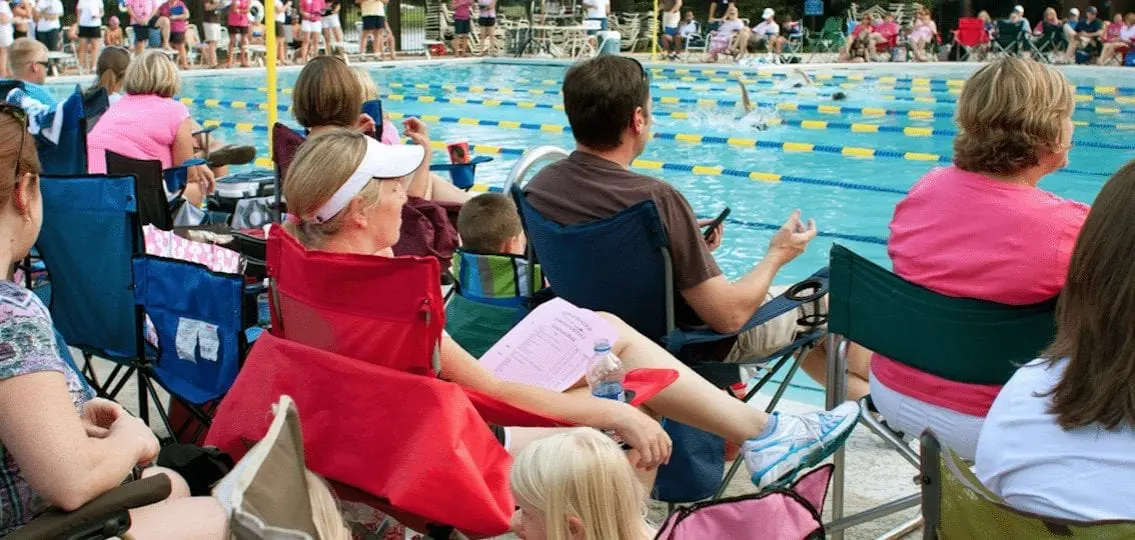
There’s a wealth of opportunities our high school athletes can experience. So long as we teach them how to take care of themselves along the way.
